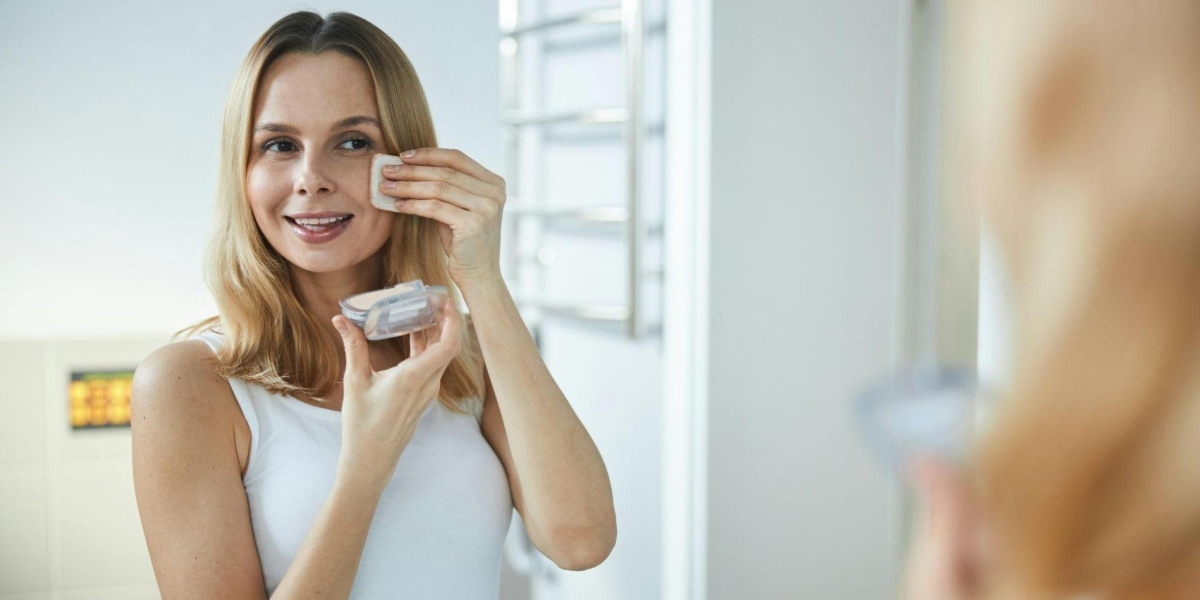In an era where personal branding has become closely connected to professional success, the concept of self-care has evolved beyond simple indulgence. Today, it can be viewed as a strategic practice, one that may support confidence, performance, and, in some cases, career advancement.
From polished Zoom appearances to confident in-person interactions, how professionals present themselves can shape perception and opportunity. For many, it begins with consistency in the little things: morning rituals, skincare habits, and the subtle enhancements that help them look as sharp as they feel. Even something as precise as choosing the right eyelash extension glue can become part of a larger mindset: that caring for yourself might be an important part of showing up powerfully in your career.
The modern professional may not see self-care as vanity; they might consider it more as a strategy.
The Psychology of Presentation
First impressions have always mattered, but in today’s hyper-visual world, they are often amplified. With virtual meetings, social media profiles, and personal branding playing an increasingly larger role in how we communicate, appearance and grooming can serve as silent ambassadors for credibility and confidence.
Psychologists have long linked self-care habits to self-esteem and motivation. The act of taking time to prepare, whether through grooming, dressing intentionally, or practicing mindfulness, may send a message of self-respect. When you look composed, you could act composed. That energy may translate into how colleagues and clients respond to you.
The shift isn’t about adhering to outdated beauty standards; it’s about aligning external presentation with internal confidence. Professionals are discovering that this alignment might improve not just how others perceive them, but how they perform.
Self-Care as a Form of Leadership
Leadership is no longer defined purely by authority or title; it’s about influence, presence, and self-awareness. Those who lead effectively understand the importance of energy management, rest, and personal care.
The daily rituals that ground you, from skincare routines to brief mindfulness breaks, can shape how you lead under pressure. A polished appearance may communicate readiness, but genuine calm and balance often come from the habits behind it.
Modern leaders are increasingly discussing their wellness and self-care routines, normalizing the idea that taking care of oneself isn’t indulgent; it’s essential. By prioritizing wellness, they model a more sustainable, human approach to success.
The Rise of the “Performance Routine”
Once, beauty routines were considered private or purely aesthetic. Now, professionals are reframing them as “performance routines,” structured habits that may prepare both mind and body for the demands of work.
Morning skincare or grooming rituals act as transitional moments between rest and performance. These routines might activate mental readiness much like athletes warming up before a game. Even minimal rituals, like applying moisturizer, straightening a tie, or brushing through lashes before a meeting, could signal to the brain: it’s time to show up.
This concept extends to every career stage. Whether you’re a student prepping for an internship interview or an executive heading into a boardroom, these moments of preparation can become rituals of empowerment.
Wellness and the Productivity Connection
The connection between wellness and productivity has been supported by research. Studies from the American Psychological Association show that employees who engage in regular self-care, physical activity, skincare, relaxation techniques, or consistent rest tend to report higher energy levels, better focus, and greater job satisfaction.
In other words, a professional’s ability to perform sustainably depends as much on their personal well-being as on their technical skills. Companies are responding by expanding wellness initiatives, offering resources for physical and mental health, and encouraging employees to prioritize self-care outside of work hours.
As wellness becomes embedded in professional culture, personal care routines are increasingly seen not as optional but as investments in long-term performance.
Confidence as a Career Skill
Confidence has long been regarded as a competitive edge. But unlike talent or luck, it’s something that can be cultivated, and self-care is one of its reliable foundations.
When you feel polished and put together, you might carry yourself differently. You may make eye contact, communicate clearly, and assert your ideas more effectively. Beauty routines, in this sense, aren’t superficial at all; they’re tools that help align how you feel inside with how you present yourself to the world.
Professionals who understand this connection treat their self-care practices as integral to their brand. It’s not about vanity; it’s about visibility.
The Empowerment of Routine

At its core, the relationship between self-care and career growth is about ownership. When you take control of your daily rituals, from what you wear to how you manage your health, you signal agency. You become the curator of your professional presence rather than a passive participant in it.
This sense of empowerment can carry over into how you manage deadlines, relationships, and long-term goals. It might build resilience, sharpen focus, and reduce stress, because consistency tends to breed confidence.
Whether it’s through skincare, mindful mornings, or simply maintaining a clean and organized workspace, routine creates the foundation for professional clarity and creativity.
Looking Ahead: The Future of Professional Well-Being
As the boundaries between work and personal life continue to blur, the professionals of tomorrow are likely to rewrite the rules of success. They understand that excellence isn’t just about skill, it’s about sustainability.
The future of high performance is holistic. It values self-awareness as much as strategy, reflection as much as hustle. Everyday beauty and wellness routines will continue to evolve as tools of empowerment, helping people not just look their strongest, but feel their most confident, and perform accordingly.
So the next time you stand before the mirror, preparing for a big meeting or presentation, remember: that small act of care isn’t vanity; it’s vision.
Disclaimer: The information in this article is for general informational purposes only and is not intended as professional advice. Results may vary, and the effectiveness of self-care routines depends on individual circumstances. Always consult with a healthcare or wellness professional before making significant changes to your routine.


















